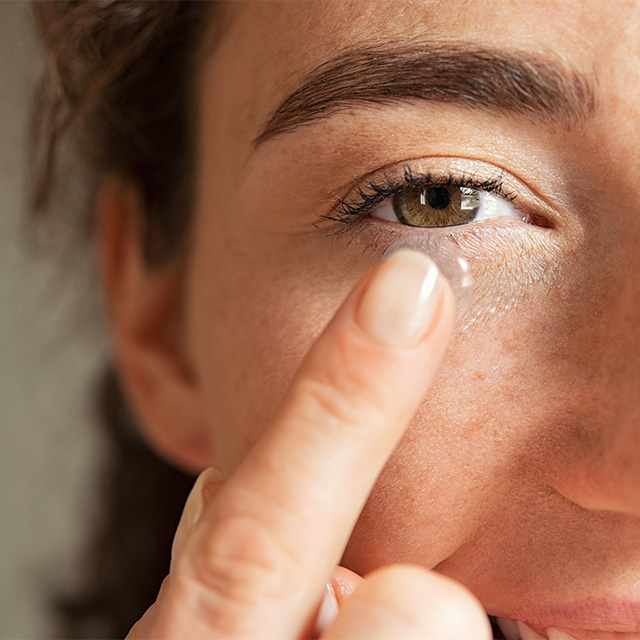
Exploring the Science Behind Nearsightedness
Myopia, often known as nearsightedness, is a common vision disorder affecting millions worldwide. While genetics play a significant role, environmental factors contribute to its progression, with high myopia posing serious risks to eye health.
Researchers and clinicians worldwide are committed to finding solutions to tackle the rising myopia epidemic. Scientific research and clinical trials deepen our understanding of this condition and allow for effective management strategies.


Understanding Myopia Progression
Myopia typically results from axial lengthening in the eye. To address this, researchers have focused on several promising areas:
-
Spectacle Correction
Glasses have long been studied to inhibit myopia progression. However, while some designs have shown promise, not all have been clinically effective. Recent advancements like the Defocus Incorporated Multiple Segments (DIMS) spectacle lens, designed to induce myopic defocus, have yielded encouraging results. Reducing axial length by 0.30 mm over two years offers a potential solution for myopia control, particularly for children.
-
Outdoor Sunlight
Increasing outdoor time during school has shown a modest but tangible effect on reducing myopia progression. Studies suggest that 40 extra minutes of outdoor exposure daily can make a significant difference. However, the implementation has been challenging, and more research is needed to evaluate the long-term impact across diverse populations.
-
Low-dose Atropine
Low-dose atropine treatment has gained popularity, particularly after studies like the Atropine for the Treatment of Myopia (ATOM) series. While the 0.01% concentration has shown effectiveness, the Low-Concentration Atropine for Myopia Progression (LAMP) study suggests that higher concentrations may offer more profound results. Atropine is easy to implement, especially for young children, with minimal side effects. However, long-term data regarding potential ocular toxicity is still pending.
Controlling Myopia with Contact Lenses
In recent years, contact lenses have emerged as a promising avenue for myopia control:
-
Orthokeratology
Orthokeratology (ortho-k) lenses, worn overnight to reshape the cornea temporarily, have shown promise in reducing axial elongation by 55% after 24 months. However, these lenses have limitations and may not correct higher levels of myopia.
-
MiSight Contact Lenses
The FDA-approved daily wear MiSight lens is a breakthrough in myopia control. Its dual-focus design creates myopic defocus and has demonstrated a reduction in myopia progression and axial length. This daily disposable lens offers an alternative to ortho-k, providing clear vision during the day without lenses. The ongoing MiSight clinical trial aims to provide more insights into its long-term efficacy and safety.
Myopia Management in Concord

Meet our Eye Doctors

- Monday 9:00 am - 5:00 pm
- Tuesday 9:00 am - 5:00 pm
- Wednesday 9:00 am - 5:00 pm
- Thursday 9:00 am - 5:00 pm
- Friday 9:00 am - 5:00 pm
- Saturday Closed
- Sunday Closed
- VSP
- Medicare
- United Healthcare
- Aetna
- Cigna
- Spectera
- Superior Vision
- Davis Vision
- EyeMed
- Anthem Blue Cross Blue Shield

Niro Eye Care and Associates - Concord: Pioneering Myopia Management
There have been various scientific breakthroughs in myopia management. However, the choice of treatment depends on the child's age, preferences, and eye condition.
At Niro Eye Care and Associates - Concord, we are committed to keeping up with the latest advances in myopia management research and providing you with the best possible care. Our top priority is your child's eye health. Visit us today and explore the latest advancements in myopia care for healthy eyes and clear vision.




